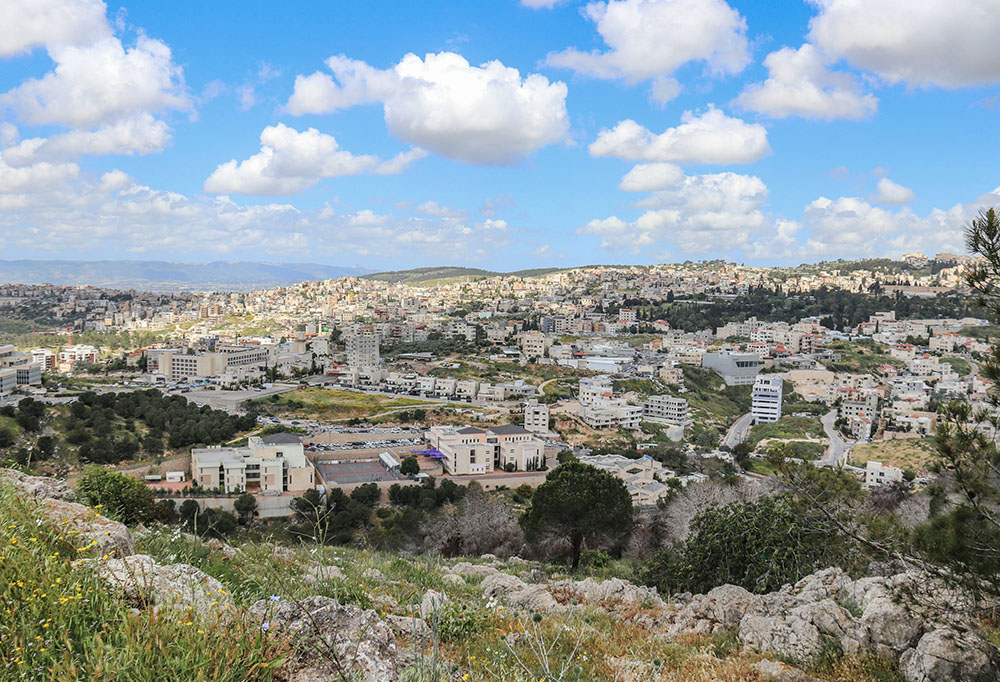The conflict between Israel and the Palestinians has been fueled by violence on both sides, going back to 1948 when the new nation of Israel was created in a Middle East area inhabited by Palestinians for many centuries. Our recent popes have encouraged a just peace in this area, and the work of committed peacemakers is still needed to make this hope a reality. Peacemaking is a skill as well as a commitment that we are called to learn and practice.
The sister who works at the school in Nazareth believes peace is possible in a very divided land; she has promoted cooperation among people of different faiths and different perspectives in her school. Students can reflect on how to shape a peaceful outcome when there is respect and cooperation on both sides, and both groups demonstrate a willingness to negotiate a just resolution to a problem.
Competing and cooperating
Divide your group into small groups of 4-6 students.
Tell each group they are going to create two short skits: one where students are competing for use of a space, and a second one where students are cooperating in decisions about the use of a space. Each skit has two sides negotiating.
Set the scenario: The local bishop is merging two Catholic high schools, A and B, and both will occupy and share one building, formerly just the home of A, the boy's school. The A sport teams want to have first use of the gym; they think that the B teams, from the former girls' school, should just have to work around the A team's regular schedules. Representatives from both the A and B school teams are called to meet before school administrators to negotiate the use of the gym. What happens at the meeting?
As they plan their first skit, ask your students to reflect about what the competitive students on both sides may be feeling and thinking: How does this determine the way they speak when they are competing for the use of a space? What do they say? Do they ask open-ended questions? What effect can their words and attitudes have on the others?
Then ask your students to reflect about what the students may be feeling and thinking if they commit to cooperate in sharing a space. How does this influence the way they speak when they want to cooperate and negotiate for the use of a space? What do they say? Have them develop a compromise that is fair to both sides.
After time for preparation, have the small groups present their skits to the whole group.
What did you observe in these skits about peaceful negotiation, or the lack of it?
How did participants' attitude of competition shape the meetings?
How did participants' attitude of cooperation shape the meetings?
Who starts with a disadvantage? How did this impact the negotiations? How was this dealt with?
How did the choice of language set a tone for both of the meetings?
Was it easier to compete or to cooperate? Why or why not?
What challenges do we have if we want to follow Christ as peacemakers and strive for and support cooperation over competition? How do we meet these challenges?
O Prince of Peace, we grieve when we see the violence and destruction in Israel and the Palestinian territories. We lament because your children cannot find a way to share the land of all their forefathers. But with faith, we have hope that peace is possible and that your peacemakers can restore justice through cooperation and understanding. We pray for peace in your name. Amen.
Tell us what you think about this resource, or give us ideas for other resources you'd like to see, by contacting us at [email protected].
